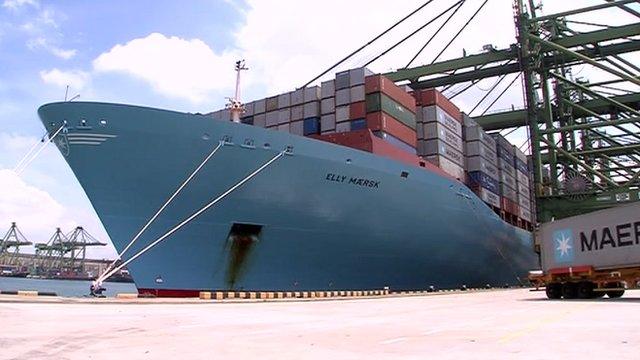China's challenges: A bumpy road ahead
- Published
The Boao Forum is loosely referred to as China's Davos
"Slow growth equals stagnation," China's past leader Deng Xiaoping is quoted as saying. "If our economy stagnates or develops only slowly, the people will make comparisons and ask why."
That statement was remarkably prescient.
China's current economic problems are almost certainly at the top of its leaders minds as they gather in Boao this week.
It is an annual meeting of the who's who in China's political and economic circles, and most years it has been an opportunity to take in the balmy Hainan breeze, an escape from the end of the brutal Beijing winter.
But this year there is a distinct chill in the air - if not in temperature, then certainly in the hallways of the hotel and the conference rooms.
Asia's Disney?
China's leaders are meeting against the backdrop of slower growth and the possibility of massive job losses.
Beijing says it can manage this transition, and that it is all part of the plan - moving as it is from Old China, to New China - from manufacturing, to services. But just how much of a price will China's workers pay?
I travelled to Southern China to find out and met one company that is the poster child of New China: Alpha Entertainment.
It is China's biggest kids entertainment firm, with a market cap of almost $5bn. It creates cartoon characters that are now household names in the country, and wants to be Asia's Disney.
It's not just cartoons that Alpha makes. The firm also has cafes, restaurants and is also planning to open a theme park.
As he showed me around his character based café, Alpha's President Cai Xiadong told me that he is trying to cater to China's new middle classes.
"We saw that America has Mickey Mouse, and that Japan has Ultraman," he said. " So I believe that China will also have its own brand ambassador for our people. To create that brand is our dream and that dream has pushed us forward to keep inventing and keep innovating."
Miracle
Alpha's animation offices in Guangzhou are ultra high tech and a brand new Silicon Valley type complex is underway.
But the firm had humble beginnings, on the factory floor.
That's where the three brothers who run Alpha Entertainment first made their fortune, mirroring China's economic miracle over the last few decades.
I travelled to Alpha's factory in Shantou, five hours outside of Guangzhou to see where it all started.
Dozens of young men and women in bright red jackets - Alpha's trademark uniform - file in to the factory in neat lines, shuffling to their desks. For eight hours a day they sit assembling coloured plastic parts in toys that are sold in China and the rest of the world.
Job loss challenge
This is how China got rich - selling stuff to the rest of the world. But this country is now going through a transition, from the factory floors to the offices. It is a painful transition but one the government says must take place in order for China to keep growing.
Mr Cai says he realised that if he didn't keep moving with the way China's economy was changing, his business would be left behind: "Today in China, we are seeing a structural reform in business.
"There are those who will see the opportunity to develop, but for those who can't adapt they'll have to shut down."
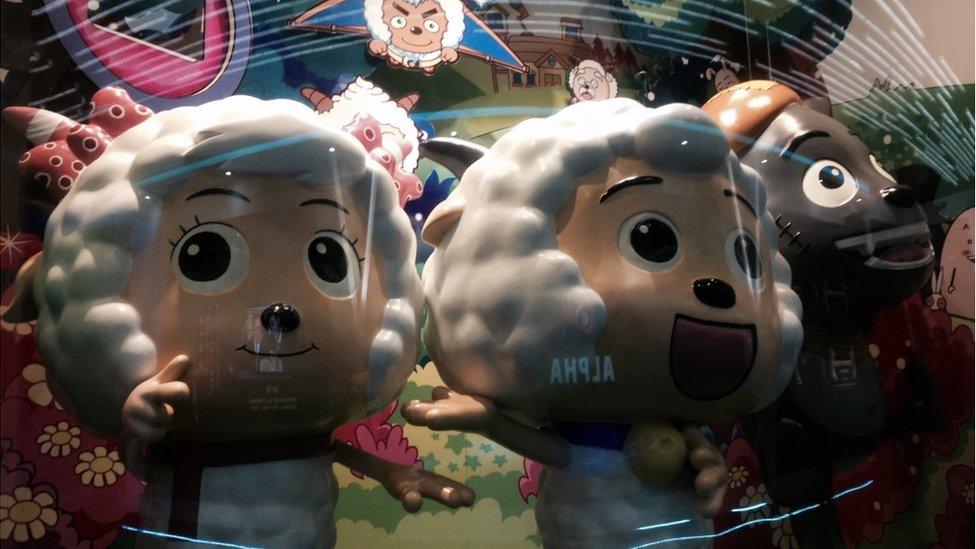
Yang Yang, or Pleasant Goat, are popular cartoon characters in China and belong to Alpha Entertainment
It's already happening - China's ailing state run firms are being pressured to close, which could lead to massive job losses.
But it's a challenge Beijing says it can manage.
At the recent party congress China's leaders said ten million new jobs would be created this year - despite slower economic growth. But some say this is far too optimistic a view.
"It's not going to be easy," Rob Subbaraman, Chief Economist at Nomura told me. "Like any developing economy China has to move out of the low end inefficient industries and higher up the value chain. In the labour intensive manufacturing sector there will be a lot of restructuring."
That's a fancy term for job losses, something that's likely to weigh on the minds of many workers in factories across the country.
Back on Alpha's factory floor, the young men and women finish their tasks, and start packing up. Another day, another shift ends.
Factory life has given millions of workers a shot at the Chinese dream.
As China makes this transition, some will adapt. But many more will struggle to find a place for themselves in the New China.
- Published9 March 2016
- Published8 March 2016
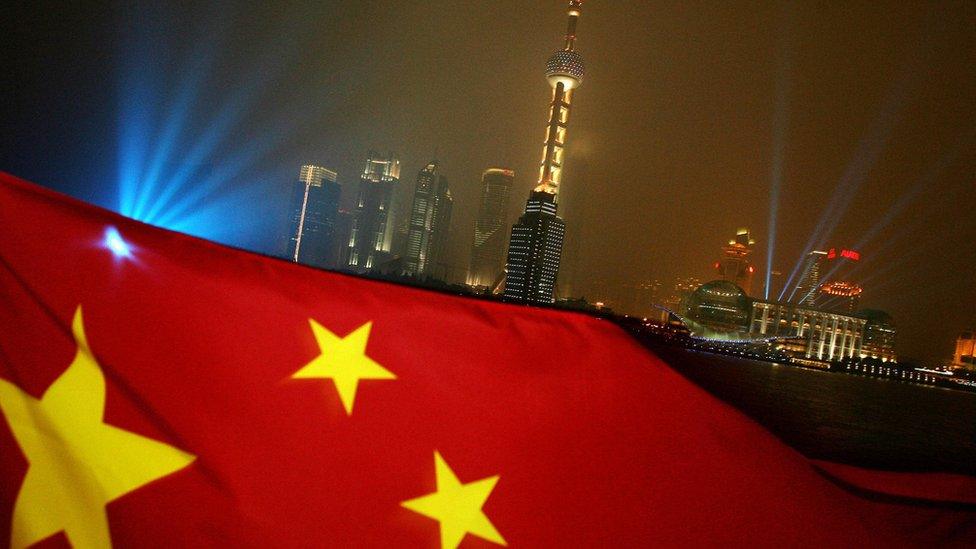
- Published2 March 2016
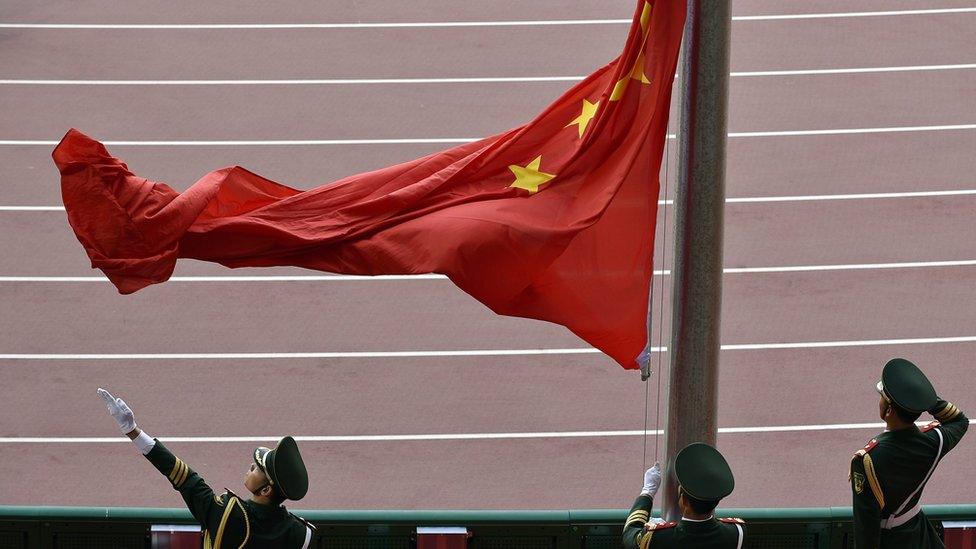
- Published3 March 2016
- Published1 March 2016
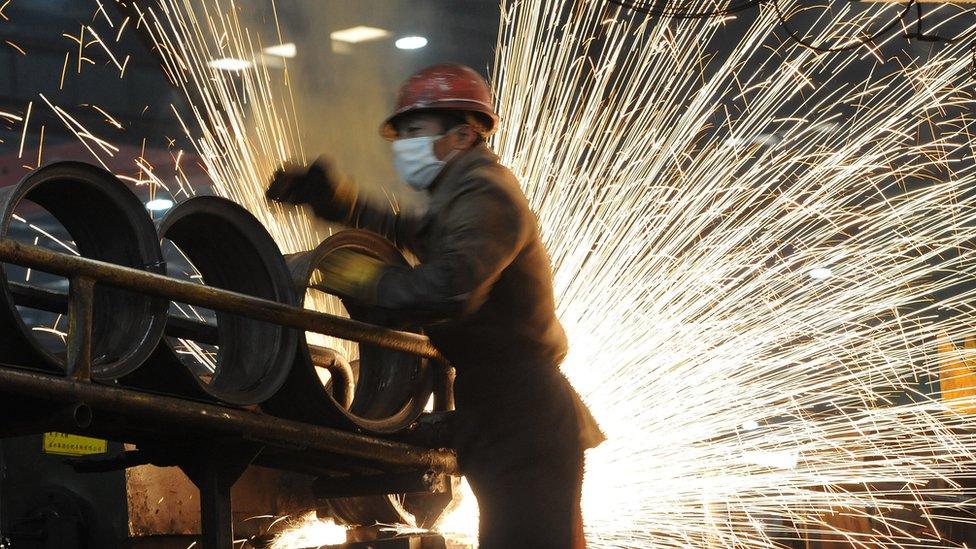
- Published23 October 2015
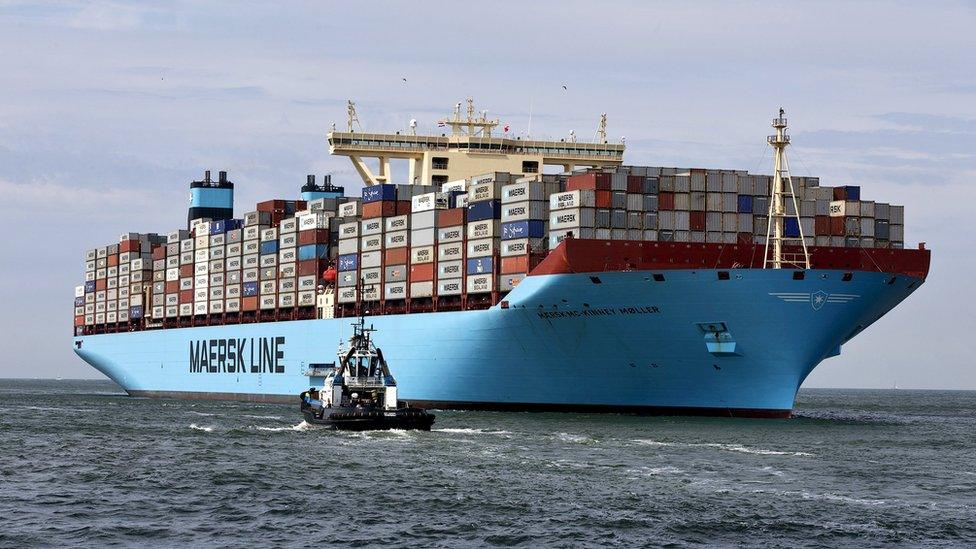
- Published19 December 2012
